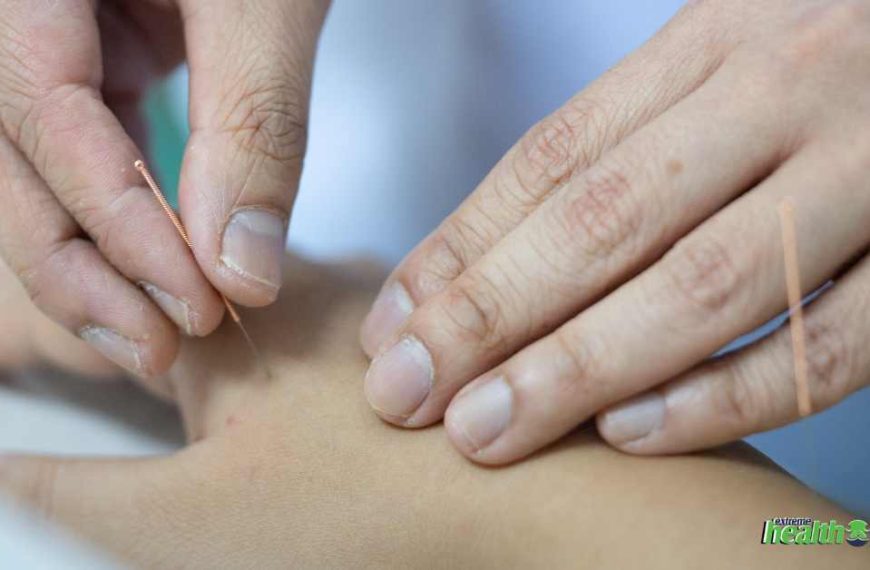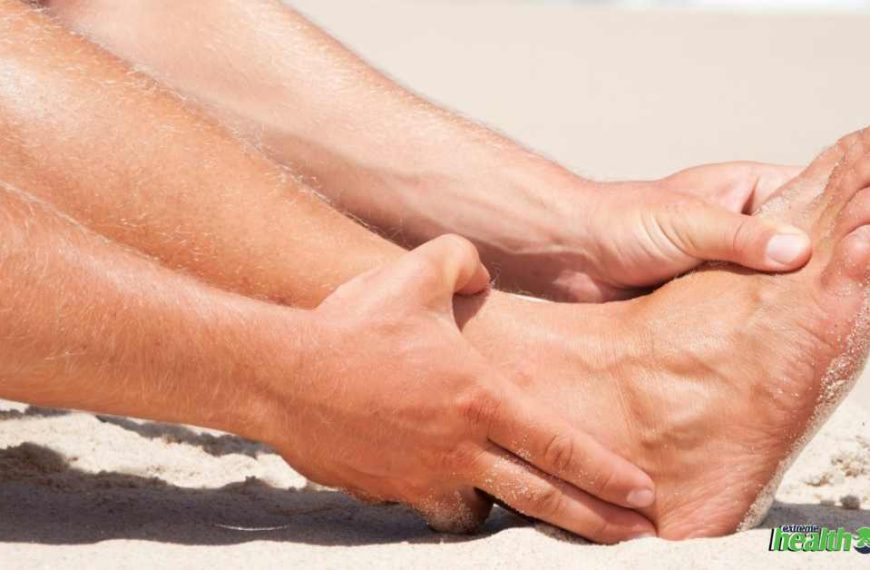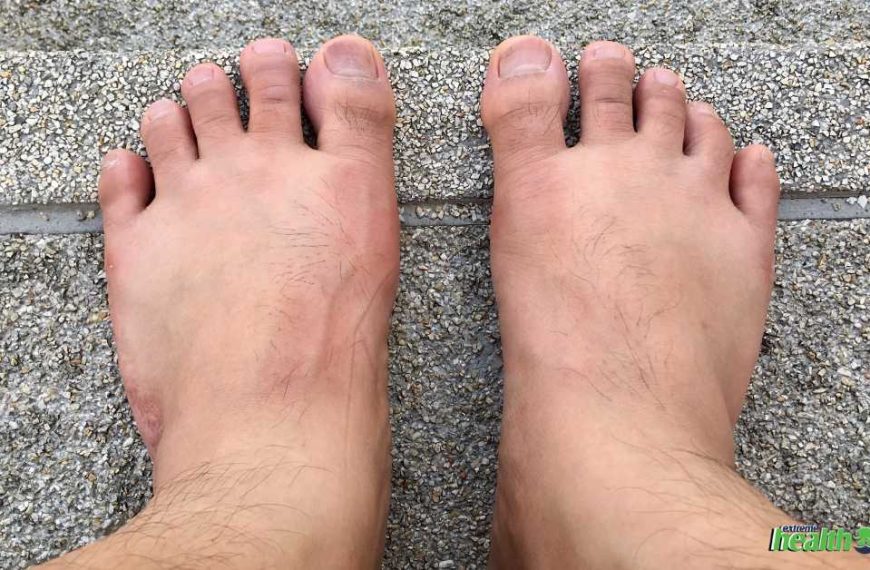Last Updated on December, 2024
Any disease as complex as neuropathy affecting the body cannot be categorized with a general term. Neuropathy is a condition where your nerves are damaged and causes numbness, tingling, and pin-prick pains, both mild and severe. This can be further categorized based on where they affect the most (the body parts that are affected).
There may be a variety of causes, like alcoholism and being exposed to toxins, but the most common of them is diabetes. There are four types of neuropathy, and they are; peripheral, proximal, autonomic, and focal.
An insight on the four main types of neuropathy is provided down below for reference. Knowing which type you are facing, helps you to understand how to manage it better. Although a visit to the doctor is most advisable.
Quick Summary
There are four main types of neuropathy, peripheral, proximal, autonomic, and focal neuropathy.
Neuropathy is a severe affliction that can cause lifelong pain.
It can be managed through a healthier lifestyle, maintaining a controlled diet and weight, and using medications, physical therapy, and diabetic socks.
Quick Navigation
The Four Main Types of Neuropathy
1. Peripheral Neuropathy
There are two parts of the nervous system: the peripheral and central nervous systems. The central nervous system comprises your brain and spinal cord, whereas your peripheral nervous system comprises all the other nerves throughout the body.
This type is one of the most common ones caused by diabetes. Imagine a core part of your body’s senses glitching. It affects your feet and hands on most occasions (especially your feet). As a part of the body furthest away, the branched-out nerves reaching the feet are affected.
Numbness and prickling sensation in hands or feet, sensitivity to touch, weakening of muscles, burning pain, lack of coordination, and partial paralysis are some common symptoms of peripheral neuropathy.
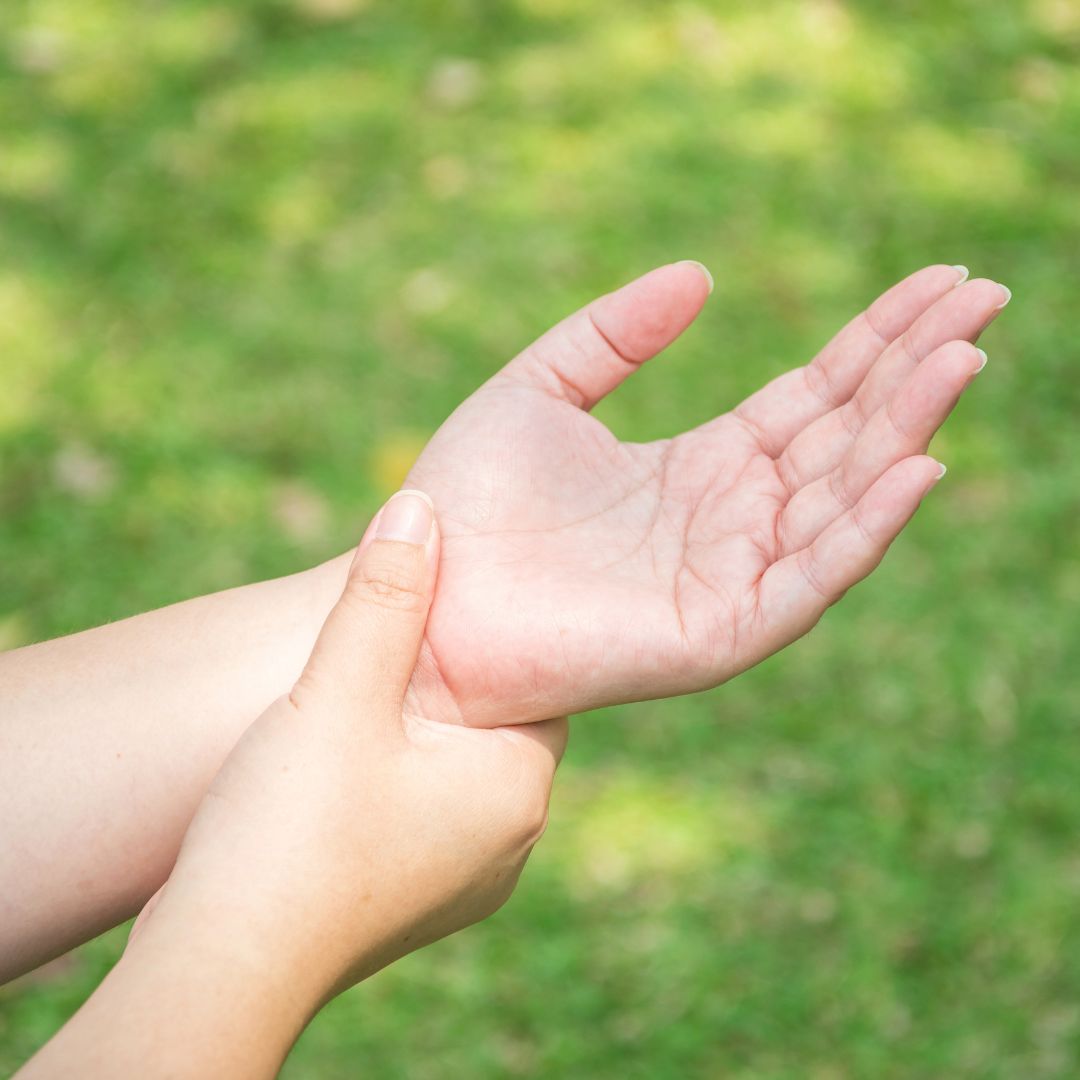
Polyneuropathy
This is a subsection of peripheral neuropathy where multiple areas of the peripheral nervous system are affected. Many nerves throughout the body (mostly in hands or feet) will be dysfunctioning simultaneously.
The common cause is usually diabetes, but this may be caused by infections through Lyme disease, Vitamin B12 deficiency, hyperthyroidism, cancer, etc., to name a few.
2. Proximal Neuropathy
Unlike peripheral neuropathy, proximal neuropathy affects the torso and midsection. To be precise, it affects your thighs, arms, hips, buttocks, or shoulders (any muscles closer to your torso).
This type of neuropathy is comparatively less likely to occur than peripheral neuropathy. Furthermore, it is asymmetrical in nature, meaning that they may affect either one of the thighs. However, it may spread to other areas over time.
Men and people older than 50 are the ones that have a high risk of being affected by proximal neuropathy. Symptoms may include pain in the buttocks, hips, and thighs along with muscle weakness, loss of reflexes, and even lead to weight loss.

3. Autonomic Neuropathy
Among the many types of neuropathy, this affects the involuntary systems in your body.
Autonomic nerve damage will damage the nerves controlling involuntary functions like breathing, heart contractions, gastrointestinal system, urinary system, and even sexual function.
Autonomic neuropathy will cause unprecedented damage to your body’s homeostasis with fluctuations in functions.
Autonomic neuropathy can be commonly caused by diabetes, but there are other causes, too, like cancer, kidney diseases, Parkinson’s disease, spinal cord injury, alcoholism, etc.

Depending on which nerves are affected, the symptoms can vary accordingly. When the nerves leading to the sweat glands are affected, it may lead to excessive sweating or lack of sweating, causing body temperature fluctuations. Another would be urinary problems like being unable to empty the bladder, loss of bladder control and difficulty in urinating., etc. Lower libido and erectile dysfunction are caused when sexual function is affected.
This means that the one affected would not be unable to detect it even if their blood sugar levels have changed drastically. Because damages made to the nerves lead to organs that have involuntary functions, they cannot be consciously detected like the other types of neuropathy.
4. Focal Neuropathy
As the name stands, focal neuropathy affects a specific nerve or a specific set of nerves, making it different from peripheral, proximal and autonomic.
They are of the polyneuropathy type, whereas this type can also be known as mononeuropathy.
This nerve pain is usually caused by prolonged physical pressure on an area or inflammation. Focal neuropathy can affect any part of the body, from the feet to the eyes.
But, the difference between peripheral and proximal compared to this is that the pain is focused on a point than in the muscles surrounding it or the feet as a whole.
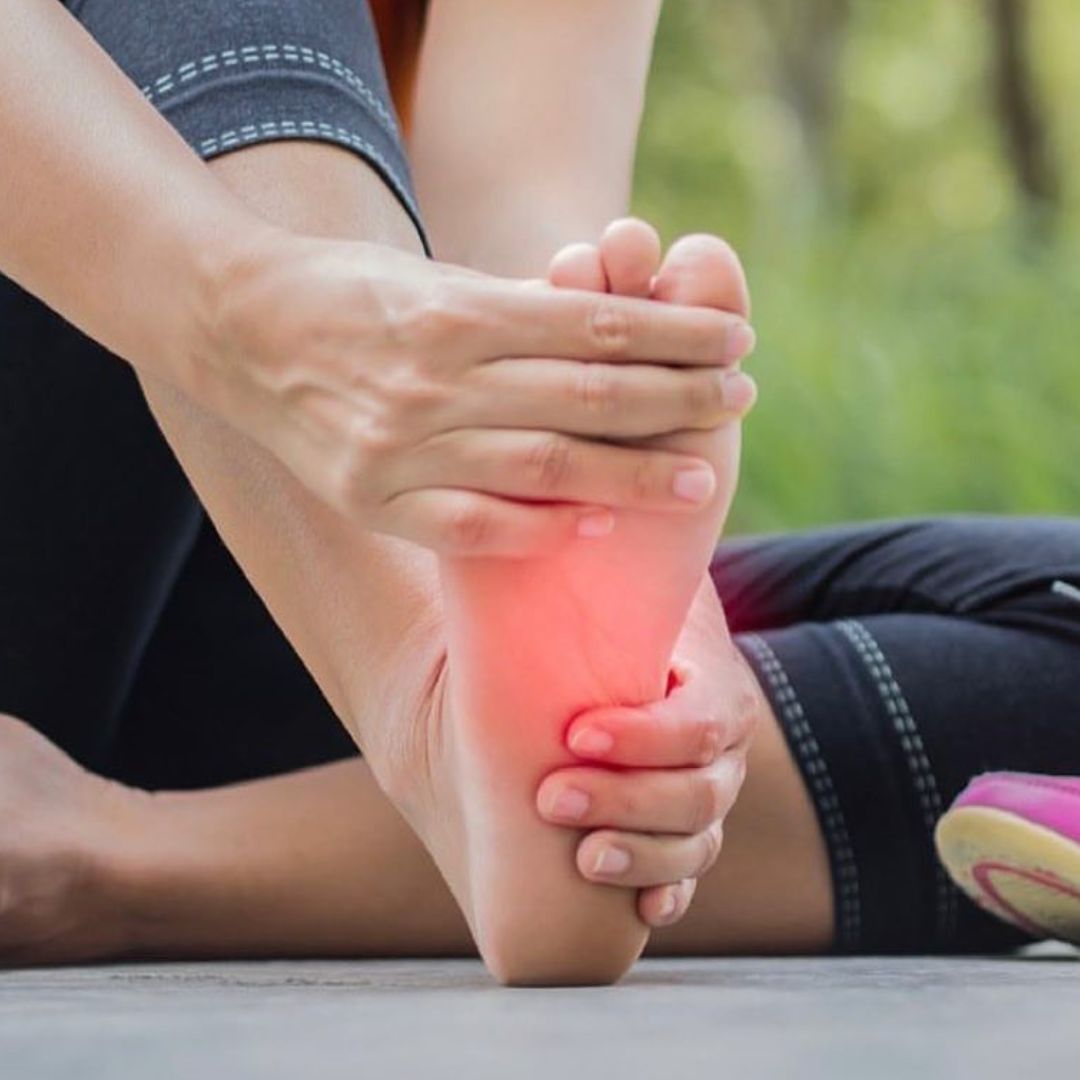
Some of the effects of this type are pain, numbness, or sensations in focused areas. Carpal tunnel syndrome can occur when the median nerve in your forearm is affected, or Bell’s palsy may occur when a side of your face is partially or fully weakened.
This may lead to physical affirmations of afflictions, especially Bell’s palsy, occipital neuralgia, trigeminal neuralgia, etc.
Then there are the ones that deteriorate the movement and function of the eye, like the third nerve palsy, the fourth nerve palsy, and the sixth nerve palsy. Another example would be Microvascular cranial nerve palsy results in double vision.
Neuropathy Treatment

Concerning the many types of neuropathy that adversely affect blood pressure and cause nerve damage on different scales, the question arises of what treatments are available to alleviate the nerve pain and stop further nerve damage.
In the initial stage of diabetic neuropathy, managing one’s glucose levels and being mindful of what one consumes would be a start. Most neuropathy types can’t be cured, but the best option would be to prevent it from progressing further.
Steps need to be taken to control peripheral neuropathies by maintaining a controlled diet, a healthy weight, and exercising. These are recommended ways to keep your diabetic neuropathy on a leash.
Suppose your neuropathy, autonomic neuropathy, or any other type of neuropathy is caused by alcoholism. In that case, controlling alcohol consumption and avoiding smoking will be a boon for recovery.
The other treatments for curing neuropathic pain include medicines, physical therapy, and even wearing diabetic socks. Checkout this guide if you want to know what diabetic socks are. Anyway, In the case of cases such as Carpal tunnel syndrome can either be treated through splints, medicines, or surgery if it is severe.
Conclusion
We can conclude that neuropathy is a severe affliction that will end in lifelong pain. All due to unhealthy lifestyles or lousy eating habits. But you can keep the pain in check with a healthier lifestyle.
If you have noticed any neuropathy symptoms like pain in the facial nerve, high blood pressure, feel pain during muscle movement, or foot problems, to name a few; you will need to go to a doctor to get diagnosed.
A healthy lifestyle and certain medications are pain relief methods for most neuropathy types. Some nerve damage caused by proximal neuropathy can be reversed, unlike diabetic neuropathy.
FAQs
Was this article helpful?
Was this article helpful?

